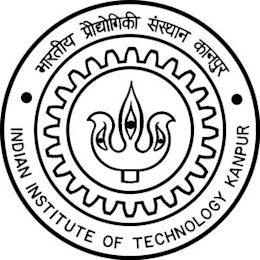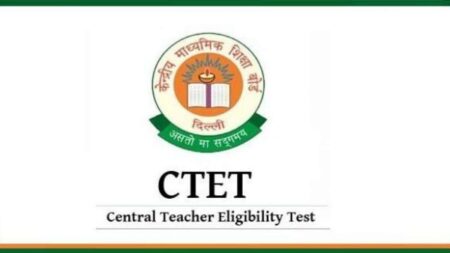Journalism is a challenging profession. The job is demanding because it requires producing newsworthy content quickly while remaining accurate, unbiased, and fair. The following article intends to give tricks and tips, and various resources for readers who would like to start their career in science journalism.
Journalism has always been a challenging profession. The need to produce newsworthy content and distribute it fast while keeping everything accurate, unbiased, and fair is what makes the job so challenging.
Moreover, science journalism today is facing a number of additional challenges, such as how to avoid giving readers information that could be construed as fake news and how to educate them about the significance of scientific developments in their everyday lives.

The complexity of science combined with the fast pace at which new research is being published means that those who report on it need special skills. If you are interested in becoming a science journalist, here’s what you should know about this career and a toolkit for getting started.
Every day, new discoveries are produced in the world of science. Various scientific gatherings and lectures are held every year.
Humanity gains knowledge about the world and how things work in this way. In spite of this, conventional journalism allocates significantly less time to science than to other subjects.
Before their discoveries are published in peer-reviewed journals, scientists are often hesitant to communicate their findings with the media. How can we explain this disparity? What are some of the ways in which this can be resolved?
Is a science degree required to work as a science journalist?
It’s a question unique to the rhythm. In most cases, one would not anticipate a journalist who covers topics related to law enforcement or education to carry education in such fields.
On the contrary perspective, science journalism is frequently regarded as a more specialized and knowledge-intensive vocation.
In addition to those with experience from other areas of journalism or with degrees in English or history, many of the people working in this field also have a background in science, such as space journalists who studied astronomy in college or health journalists who were clinicians in the past.
Right amount of passion, clear objectives, valuable training, networking and reading authentic books and articles is more than enough to step into this field.
Training the Journalists for Journalism
There are various organizations who provide trainings, fellowships, funding and resources for science journalists. Now it could be hard for the beginners to search for it. Some might have the idea of where to look but it can be tough to find everything under one roof.
- Indian Science Communication Society (ISCOS) – ISCOS gives a one-year online training in Science Journalism. They give applications all-year around. It is such an informative course for individuals who want to learn science journalism from the scratch.
- National Association of Science Writers – The National Association of Science Writers is an organisation that brings together journalists, authors, editors, producers, public information officers, students, and other individuals. They write and deliver content with the goal of educating the general public about scientific topics.
- The Open Notebook – The Open Notebook is a non-profit organisation that offers tools and resources to journalists working in the fields of science, the environment, and health.
These journalists can be of any experience level. They are guided by two principles: the first is that high- quality science journalism is necessary to society, and the second is that everyone, even science journalists, learns best by practicing the craft as part of a supportive, diverse community of people.
As you get free-time do check out the above sources. They all are quiet straight forward taking us through from how to start to how to pitch and to how to approach the editors.
Conclusion
To conclude get started by giving it a try. Make a poster, start a blog, or contribute to the college newsletter. Talk to people in a more casual setting.
Keep your eyes and ears alert, recognize a possibility when it presents itself regardless of how little the opportunity may appear, and take action when it comes up itself.
Continue going forward, and do not anticipate making a lot of money or receiving a lot of attention at the beginning. In addition to building confidence and network, attending conferences and workshops is beneficial.

read more :30 journalists were directed to a defense correspondents course in Mumbai













